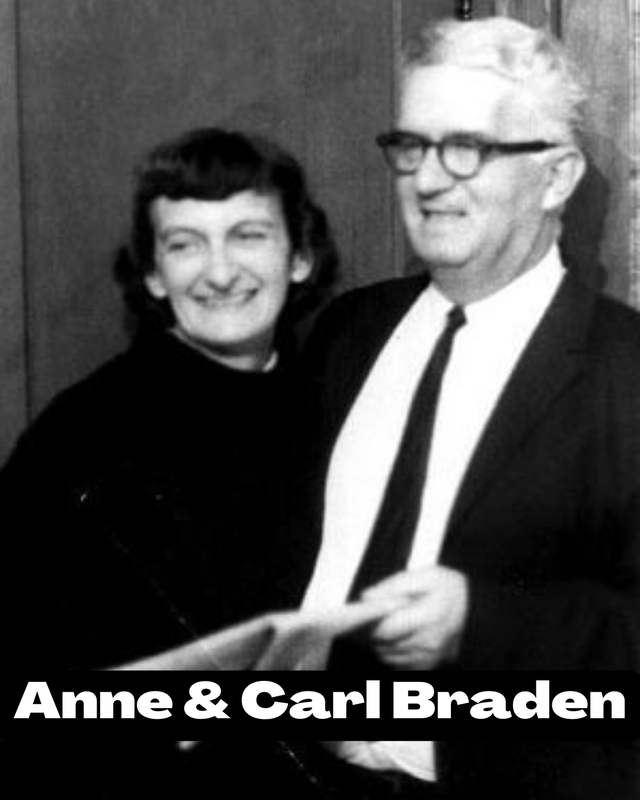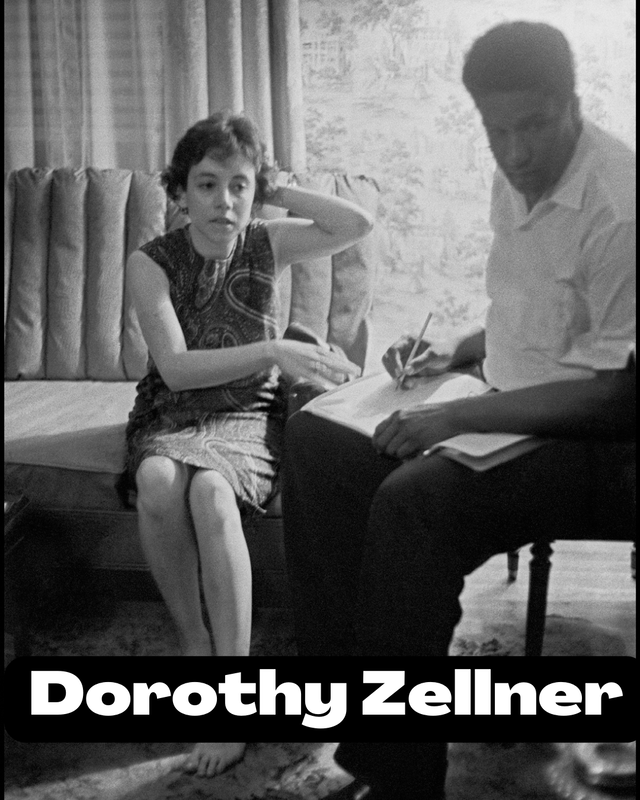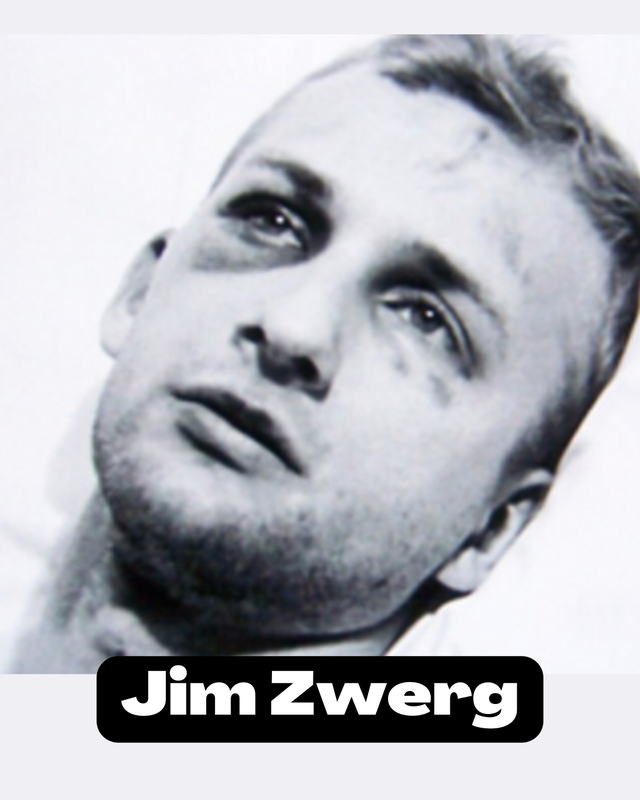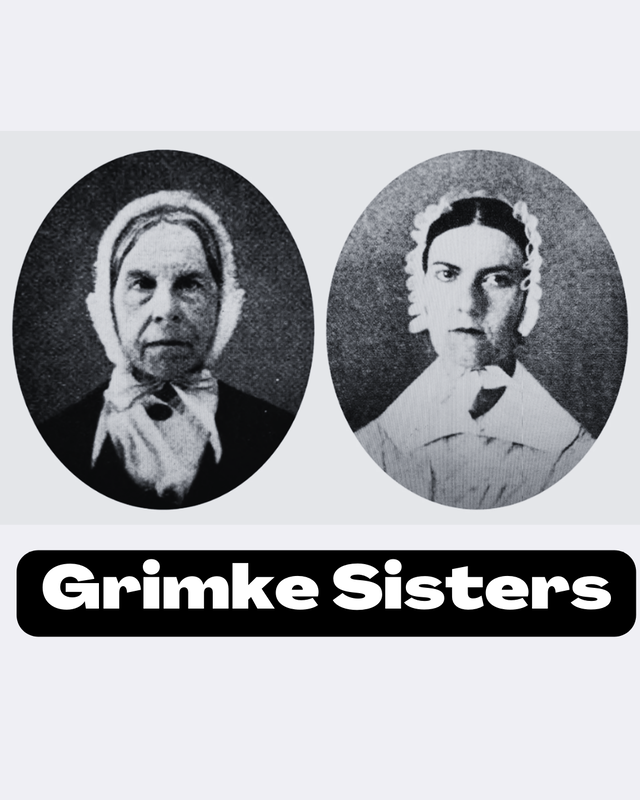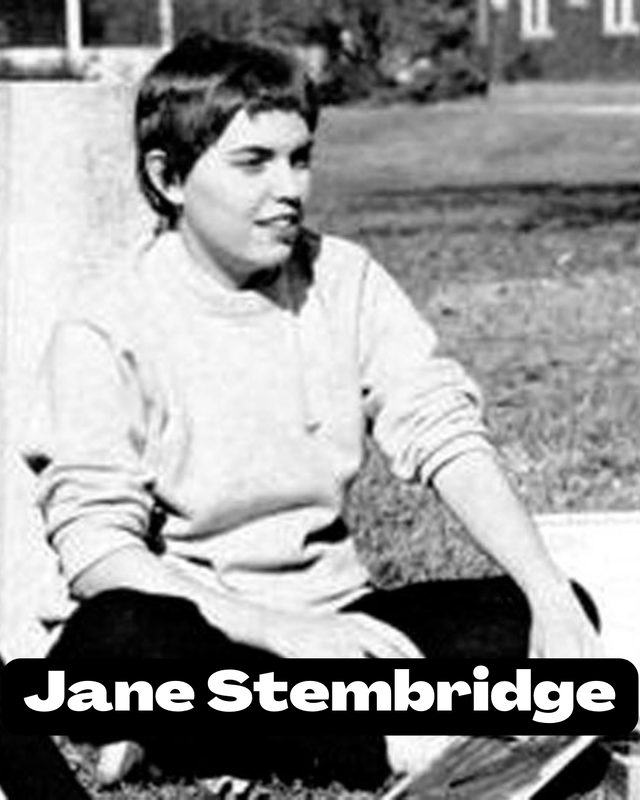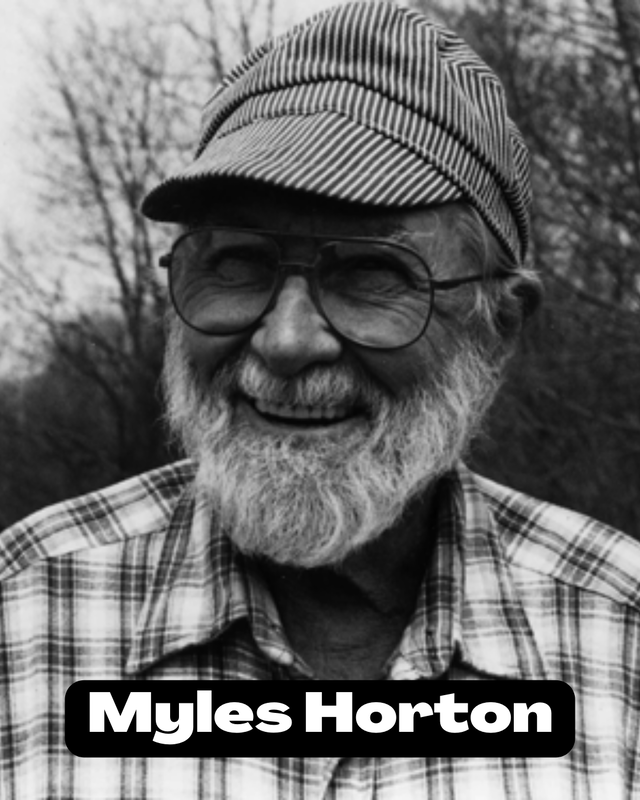- About Us
-
Inquiry Series
-
Current Year 23 - 24 School Year
>
- June: End of Year Reflection
- May: How do we support students of color navigating admissions processes?
- April: How do we support students and teachers when they face backlash for speaking out for racial justice?
- March: How can we find inspiration in white antiracists currently doing this work?
- February: How can we learn from white anti-racists of the past?
- January: How can you build solidarity across differences?
- December: How do we give ourselves space to process when we feel stuck/overwhelmed/enraged?
- November: How do we fight back against attacks on racial and gender justice education?
- October: Why is it important to understand both the history of CRT and what it has come to mean?
- September: How do we keep the focus on race as we engage in antiracist reflective practice?
- Previous Inquiry Series
- Inquiry Resources >
-
Current Year 23 - 24 School Year
>
-
Summer Events
- Writings
It is easy for white people to find examples of other white people being racist or staying silent in the face of racism. It’s harder for us to find role models of white people standing up against racism - and it can feel daunting when we don’t see examples of others like us doing this work. We are taking these next two months to showcase some examples of white people taking action against racism to give us courage and inspire us. There are so many who came before us to defy the system that gives us privileges but robs all of us of our humanity.
We’re not in this work alone.
This month we offer a “choice board” of 9 people who fought racism in the past. We encourage you to give your participants the choice this month to choose which activists they would like to read about.
Primary Resource:
We’re not in this work alone.
This month we offer a “choice board” of 9 people who fought racism in the past. We encourage you to give your participants the choice this month to choose which activists they would like to read about.
Primary Resource:
Questions:
Secondary Resources:
Facilitation Reference Guide:
Feedback Form:
As we grow in year six, we hope that one person in your group can take a few minutes to fill out our feedback form to let us know how it went.
- What do you feel as you read about this activist? What specific ideas occur to you?
- What barriers did these individuals overcome to do the work they did? What enabled them to do so?
- Antiracist work is ongoing. No one is a perfect example. What might these individuals have overlooked? As they engaged in antiracist activism/organizing, where might they have retained racist ideas?
- What evolution do you see in the beliefs or in the work of these activists? What does it mean to you that they evolved?
- In order to stand up for others, we often need to make personal sacrifices and experience discomfort. What privilege did these individuals have that allowed them to take a stand? What were they sacrificing in order to do so? What risks did they take?
- How can we apply what we learned from these examples in our own context?
Secondary Resources:
- White Antiracist History
- Cross Cultural Solidarity
- Teaching While White
- Living the Story
- SNCC Digital
- Exploring the History of White Antiracists
- Seven Well-Meaning Americans
- White Lawyer, Black Power
Facilitation Reference Guide:
- Set a day and time for your group to meet - Make sure to send reminders. If you’re meeting in person, snacks are always a good idea!
- Send this month’s Primary Resource to your group. Look through the additional readings to see if there is another reading that might be better suited to your group and its interests.
- Prepare yourself to facilitate by reading through our Norms and Discussion Protocol.
- Pass the Hat and collect donations for Highlander Research and Education Center this month.
- Complete the Feedback Form.
- Prepare yourself for next month by setting a date and time, inviting colleagues, and looking out for our next Discussion Guide on March 1st.
Feedback Form:
As we grow in year six, we hope that one person in your group can take a few minutes to fill out our feedback form to let us know how it went.
Pass The Hat:
In addition to being accountable to our colleagues and students of color, we believe it is important to be financially accountable to people of color who are doing this work on a daily basis. Each month, we will recommend an organization led by people of color, in education and beyond, doing the work of pushing for justice.
At the end of each monthly discussion, pass a hat (or a box) and collect donations for the designated organization. You can then have one group member go online and donate in the name of your school. If you want, you can add “Building Anti-Racist White Educators” after your school name
This month, we encourage you to donate to Highlander Research and Education Center, which was started by Myles Horton and is a SURJ partner. Highlander serves as a catalyst for grassroots organizing and movement building in Appalachia and the South. They work with people fighting for justice, equality and sustainability, supporting their efforts to take collective action to shape their own destiny.
In addition to being accountable to our colleagues and students of color, we believe it is important to be financially accountable to people of color who are doing this work on a daily basis. Each month, we will recommend an organization led by people of color, in education and beyond, doing the work of pushing for justice.
At the end of each monthly discussion, pass a hat (or a box) and collect donations for the designated organization. You can then have one group member go online and donate in the name of your school. If you want, you can add “Building Anti-Racist White Educators” after your school name
This month, we encourage you to donate to Highlander Research and Education Center, which was started by Myles Horton and is a SURJ partner. Highlander serves as a catalyst for grassroots organizing and movement building in Appalachia and the South. They work with people fighting for justice, equality and sustainability, supporting their efforts to take collective action to shape their own destiny.


